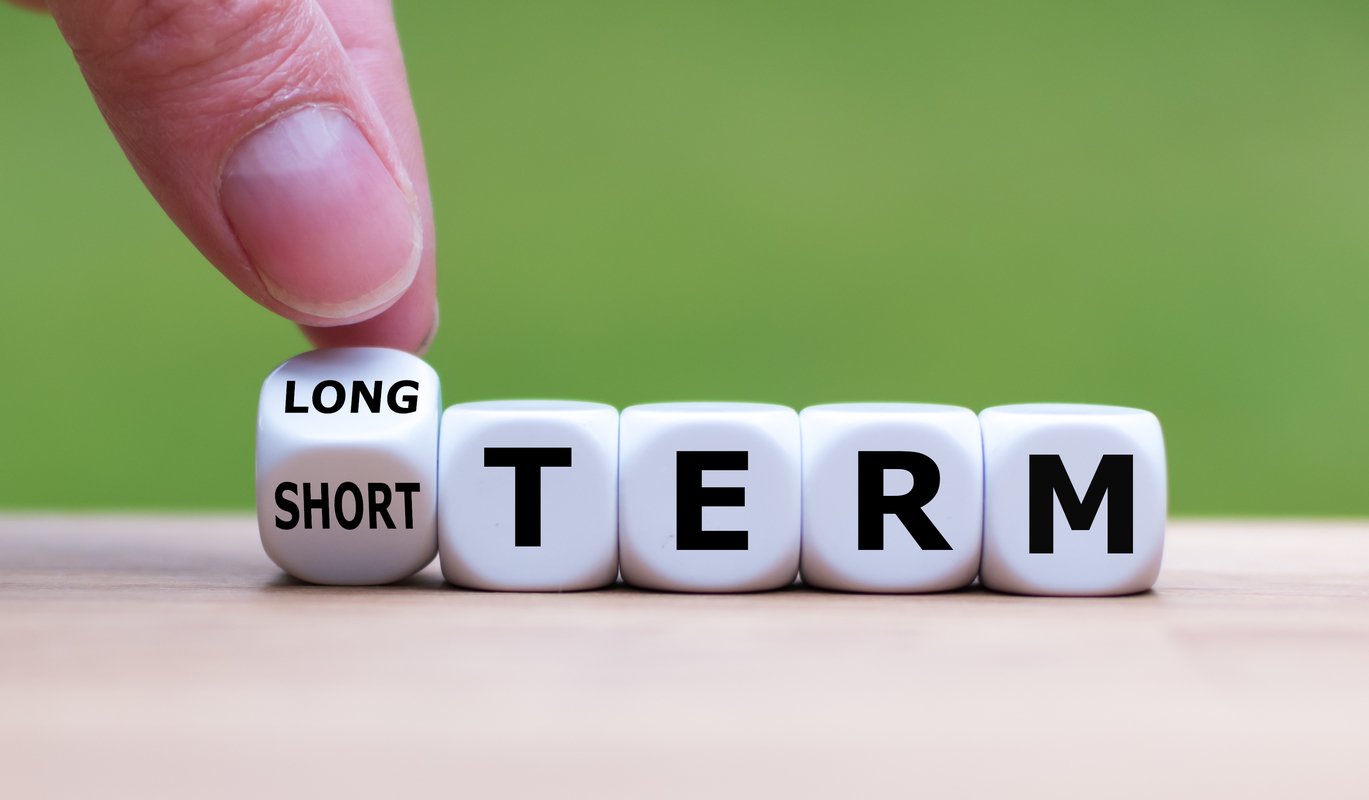Check out the latest Bristol-Myers Squibb and Celgene earnings call transcripts.
Healthcare's biggest event of the year is now under way -- the J.P. Morgan Healthcare Conference. Over the past several years, Celgene (CELG +0.00%) has traditionally kicked off the conference with its presentation on Monday morning. And that's what happened this year. Sort of.
Bristol-Myers Squibb (BMY +0.18%) shared Celgene's key spot this time around, thanks to the drugmaker's announcement last week of its plans to acquire Celgene. BMS CEO Giovanni Caforio spoke a lot more than Celgene CEO Mark Alles did at the J.P. Morgan conference.
One thing seemed obvious from Caforio's remarks: BMS knows the value of what it's hoping to get with the Celgene acquisition. Here are three specific things I think BMS understands about Celgene that the market hasn't figured out.

Image source: Getty Images.
1. Worries about Revlimid are overblown
Investors have been biting their fingernails about Celgene's reliance on Revlimid for the majority of its total revenue. Market research company EvaluatePharma even put Celgene at the top of the list in its ranking of concentration risk -- the kind of risk that stems from heavy dependence on a few products.
But Bristol-Myers Squibb isn't very worried about Revlimid. Caforio said his team conducted "very deep due diligence" and is "very comfortable" with the intellectual-property strength for Celgene's top drug. While he acknowledged that there are several scenarios that could play out, Caforio said BMS was comfortable buying Celgene in each scenario.
One of those scenarios that Caforio alluded to was the potential that Dr. Reddy's Laboratories could win in its challenge of Celgene's patents on Revlimid. However, BMS and Celgene noted in their slideshow at the J.P. Morgan conference that the earliest time frame for a decision by the court in this case would be in late 2019 or early 2020. Should Celgene lose, it would appeal the decision. The earliest forecast decision on such an appeal is in 2021.
Celgene already made a deal to allow Natco Pharma to begin selling a generic version of Revlimid on a limited-volume basis in March 2022. Full generic competition wouldn't be allowed until 2026. But Caforio said BMS looked at Celgene even without Revlimid and still went forward with the deal.
2. Celgene's pipeline is fantastic
Celgene's share price took a beating from the late-stage failure for Crohn's disease drug GED-0301 in October 2017. The biotech's botched filing for the approval of ozanimod in treating multiple sclerosis last year only added fuel to the fire. Investors began to question Celgene's pipeline prospects. But Bristol-Myers Squibb isn't.
Caforio said he liked Celgene's pipeline. In particular, he praised the biotech's cell-therapy program, stating that he thought it is "the best in the industry." Caforio also noted that he thinks that Celgene has the best approach for B-cell maturation antigen (BCMA) therapies in treating multiple myeloma.
In their J.P. Morgan presentation, BMS and Celgene specifically pointed to four "high-value near-term" hematology programs: cell therapy liso-cel, anti-BCMA therapy bb2121, luspatercept, and fedratinib. Celgene CEO Mark Alles said the company submitted for FDA approval of fedratinib as a treatment for myelofibrosis at the end of 2018.
In addition to those four programs, BMS thinks ozanimod is another near-term blockbuster product-launch opportunity that it will gain with the Celgene acquisition. Alles said Celgene expects to resubmit its approval package for ozanimod in the U.S. in Q1 as well as submit for approval of the drug in Europe. Combined with BMS's own TYK-2 psoriasis drug, BMS expects to have six new drugs on the market in the near future, with combined revenue potential of more than $15 billion per year.
3. The ROI should be huge
Celgene's share price sank 56% between October 2017 and the end of 2018. The market seemed to have written off the biotech's potential. However, for Bristol-Myers Squibb, there's a potentially huge return on investment.
BMS thinks that buying Celgene will boost its earnings per share by 40% in the first full year after the transaction closes. It expects the deal will result in a combined company that generates more than $45 billion in cash flow in the first three years. By comparison, BMS delivered around $3.3 billion in levered free cash flow over the last 12 months. It's not surprising the company projects that the internal rate of return for the deal will be "well in excess" of Celgene and BMS's "cost of capital."
Good deal, bad deal
I think buying Celgene is a great deal for BMS. The pharma company is getting a tremendous bargain. It's getting a tremendous pipeline. And I agree with what Mark Alles said at the J.P. Morgan conference: "The complementarity is obvious."
However, I haven't been bashful about expressing my view that Bristol-Myers Squibb's proposed acquisition isn't a good deal for Celgene shareholders. My take is that Celgene is worth considerably more than the $74 billion valuation BMS is offering.
But I fully expect shareholders and regulators to approve the transaction. Celgene has probably made its last presentation at the J.P. Morgan Healthcare Conference. It's too bad the biotech's swan song isn't as melodic as shareholders would have hoped.






